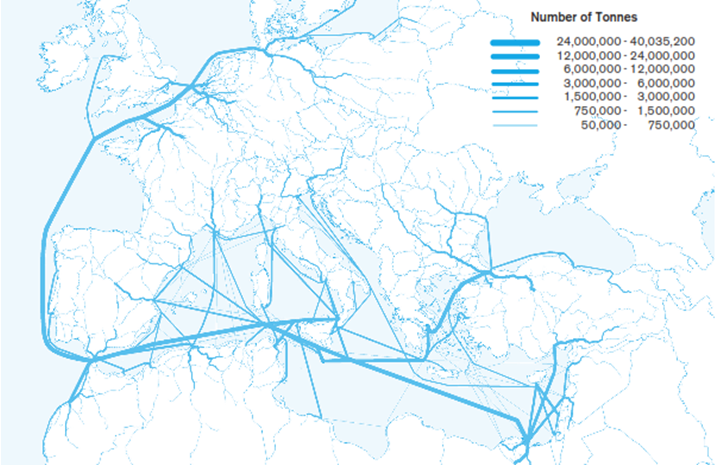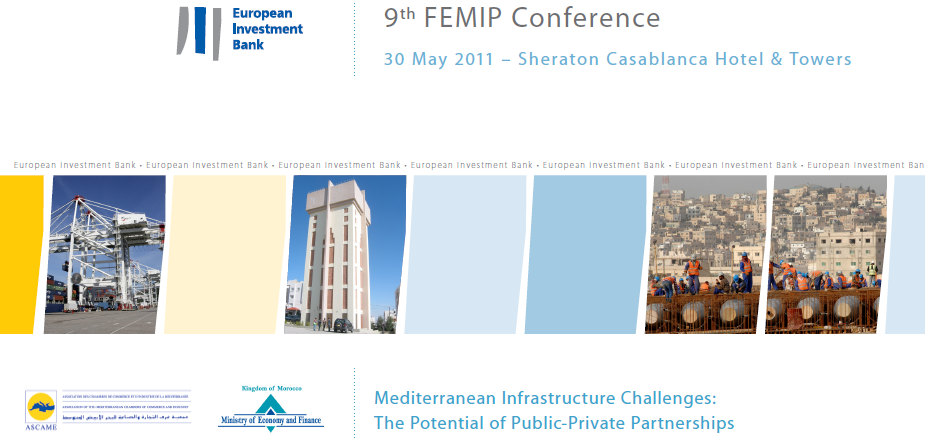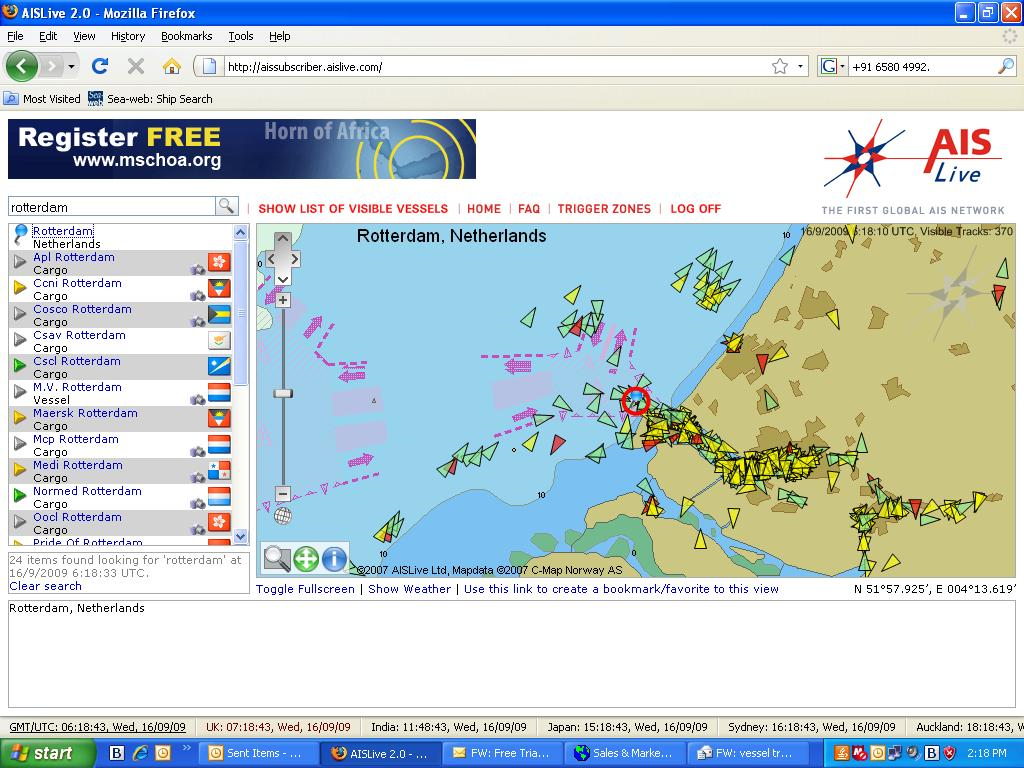The global objective of the Feasibility Study for the Mediterranean Sea Maritime Development Cooperation implemented between 2011 and 2012, was to contribute to improving the integration of maritime policies and the dissemination of investment best practices in the Mediterranean region, providing a common way forward for the cooperation of the European Investment Bank (EIB), the European Commission (EC) and International Maritime Organization (IMO).
NTU conducted a feasibility study to identify and integrate into a single report the key factors for the successful implementation of the Mediterranean Sea Maritime Development cooperation project. In the feasibility study, NTU undertook a multidimensional evaluation, prioritizing maritime infrastructure investment, social aspects and training and maritime surveillance and safety. The first part of the study identified and summarised best practices on three major axes: a) Social aspects and notably training; b) Maritime surveillance and safety; c) Investment in maritime infrastructure; The second and the most important part of the study focused on a common way forward for the cooperation of the three institutions (EIB, EC and IMO) on the above-mentioned issues.
Furthermore, NTU proposed a set of recommendations on how the three institutions can commonly and efficiently address the challenges in partnership with the private sector and interested governments.

Maritime traffic patterns via the Mediterranean basin (2006)
How we did it
During the diagnostic and evaluation phase, NTU agreed with the EIB, the EC and IMO the study's scope and the expected results to work aligned with the project's purpose. Then, in order to analyze the maritime surveillance and safety in the Mediterranean, NTU undertook sequential analytical steps for each of the three project components to evaluate the state of the art. The evaluation methods consisted of a SWOT and GAP analysis that led to a Needs Assessment. Port reception facilities and surveillance, security and emergency response capabilities were evaluated in Morocco, Algeria, Tunisia, Syria, Egypt, Israel, Lebanon and Jordan to perform a comprehensive analysis of safety and surveillance. The findings were presented along with recommendations to the EIB, the EC and IMO on how to ensure effective and efficient surveillance by improving maritime policies and the potential common way forward for enhancing cooperation and dissemination of best practices.
Impact
This intense maritime activity in the Mediterranean Sea represents a serious risk factor for possible accidental pollution which could heavily harm the fragile eco-systems and the local economies. Therefore, safety, security, and environmental protection are an integral part of the Mediterranean maritime and port environment and need to be approached as such. Given the international dimension of maritime transport, the protection needs to be considered and approached on an identical basis by all Mediterranean countries. This project fostered a common understanding of the challenges the Mediterranean sea faces, and it advanced an integrated and cross-border surveillance system of maritime activities supported by all countries in the Mediterranean basin.

EIB 9th FEMIP Conference on PPP, held in Casablanca on 30th of May 2011

AIS system from ships
